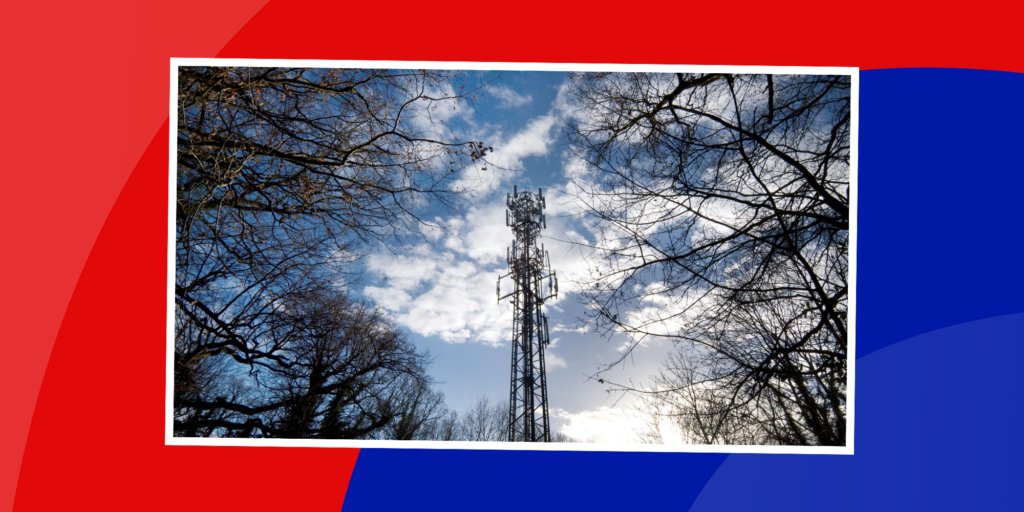24-03-2024, 12:00 PM
DTT has contracts which run out around 2035.... so I would say its safe until then ....
but not much beyond that .... as we knew in 2005
but how many channels will be emmitted then?
or how much viewing is on demand v linear (including FAST?)
On DVB T2 we have rather lost that .. the Vaizey plan was the right answer
mandate to PSB to emit all services in HD at time of 700 MHz clearance.
... and as far as helping the transition .....
- just use the Surplus from the Digital Help Scheme a mere £400M of LF money ...
(Grabbed by the government) -
Given likely HD Migration in any case
that alone would pay for making a basic HD STB for all who needed it
and or some of the money from Mobile Licences ..
Rather than temporalily moving TV into the Mobile band ....
Of course (much to the governmenst annoyance because they were not told)
Freeview stopped "ticking" SD equipment ...
and that has continued with "Play" and hopefully Freely
BBC Radio is very cheap to code and does not take up much bitrate....
(And TV has universal EPG which DAB does not have)
Emitted Red button is not a channel - and thus is perhaps useful to have!
but not much beyond that .... as we knew in 2005
but how many channels will be emmitted then?
or how much viewing is on demand v linear (including FAST?)
On DVB T2 we have rather lost that .. the Vaizey plan was the right answer
mandate to PSB to emit all services in HD at time of 700 MHz clearance.
... and as far as helping the transition .....
- just use the Surplus from the Digital Help Scheme a mere £400M of LF money ...
(Grabbed by the government) -
Given likely HD Migration in any case
that alone would pay for making a basic HD STB for all who needed it
and or some of the money from Mobile Licences ..
Rather than temporalily moving TV into the Mobile band ....
Of course (much to the governmenst annoyance because they were not told)
Freeview stopped "ticking" SD equipment ...
and that has continued with "Play" and hopefully Freely
BBC Radio is very cheap to code and does not take up much bitrate....
(And TV has universal EPG which DAB does not have)
Emitted Red button is not a channel - and thus is perhaps useful to have!

![[-]](https://pres.cafe/images//collapse.png)

